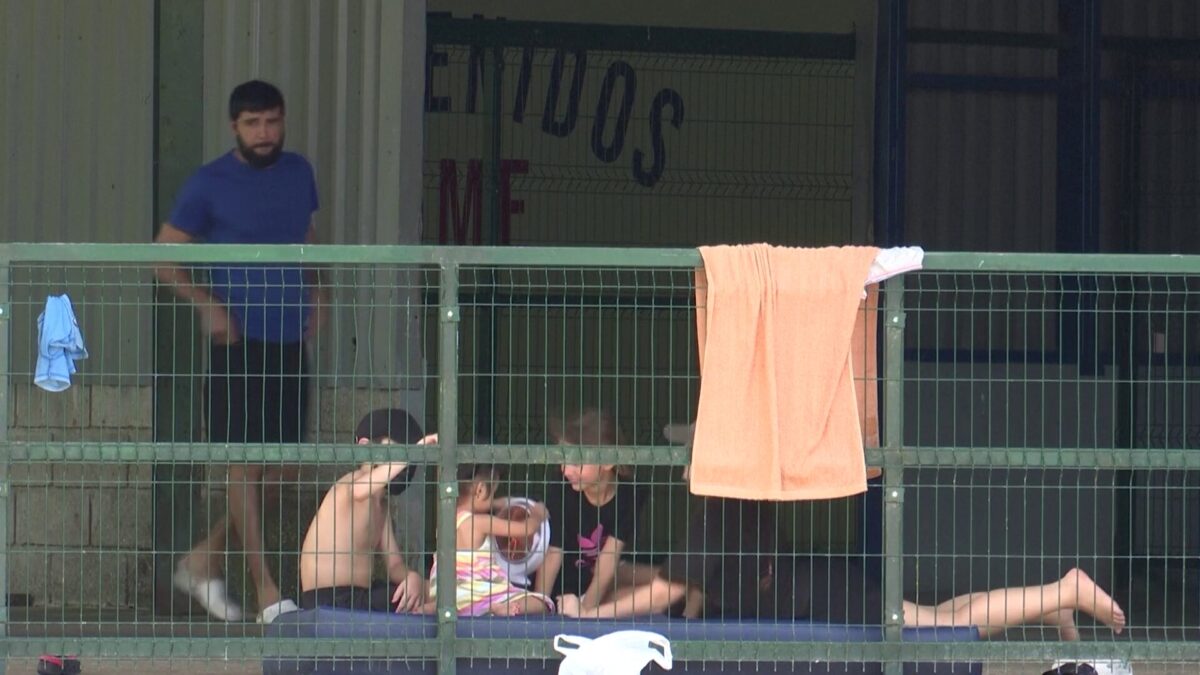SAN JOSÉ, Costa Rica — Afghan migrants are among dozens of asylum seekers held at a temporary migration center in southern Costa Rica, caught in legal and emotional limbo after being deported from the United States as part of a multinational repatriation deal.
The group includes individuals from Afghanistan, Armenia, Pakistan, India, and Central Asia. Many say they were not told they would be sent to Costa Rica until arriving at the country’s Temporary Attention Center for Migrants (CATEM), near the Panamanian border. Among them are families with young children, students with disrupted education, and asylum seekers claiming political persecution in their home countries.
“We are Afghans by origin, but we were raised in Pakistan,” said Ajmal Khan, one of the Afghan migrants. “If we go to Afghanistan, we will be strangers in our homeland — without family, friends, or a place to call our own.”
Since February, Costa Rica has accepted small groups of migrants deported from the U.S. under an arrangement with Washington that allows up to 200 deportees to be housed at CATEM. The agreement, reportedly reached under pressure from the Trump administration, comes amid President Donald J. Trump’s intensified crackdown on unauthorized migration and expanded deportation flights to partner countries.
Omer Badilla, director general of Costa Rica’s Migration Directorate, said the migrants are not formally detained but confirmed that six people — three Afghans, two Indians, and one Pakistani — had recently escaped from the facility. “The perimeter is large,” he said. “People can leave, but alerts have been issued for police to return them to the center.”
Some, like ninth-grade Afghan student Irfan, pleaded for compassion. “My exams are just days away,” he said. “If we are sent to Afghanistan, our studies will be disrupted. We ask the authorities to let us stay and build a better future.”
Others, like Armenian migrant Arminé Margaryan, described fears of persecution. “My husband has been targeted politically,” she said. “Our child is not safe in Armenia. We need to reach the United States, where our church has promised to help.”
The U.S. agreement with Costa Rica has drawn criticism from human rights groups, who argue it lacks legal transparency and could violate international protections for asylum seekers. Rights monitors have raised concerns that migrants at CATEM were stripped of identity documents, denied communication, and left with little recourse.
Officials in Costa Rica defend the cooperation as a humanitarian gesture and say the migrants’ rights are being respected. Still, questions remain about the long-term fate of those stuck in the facility — and the growing role of Central America in America’s evolving deportation strategy.





